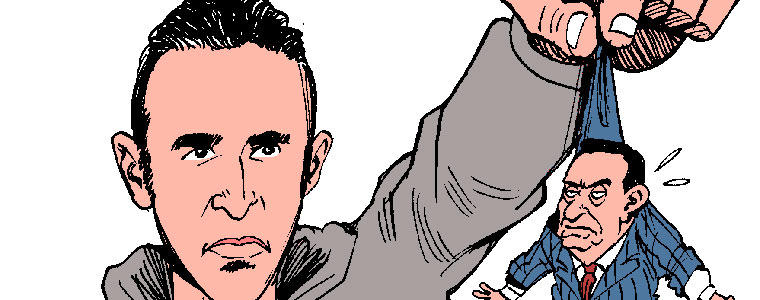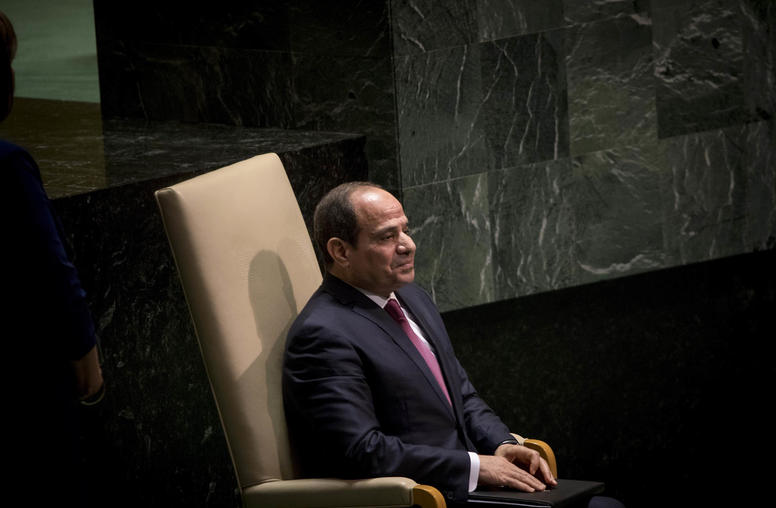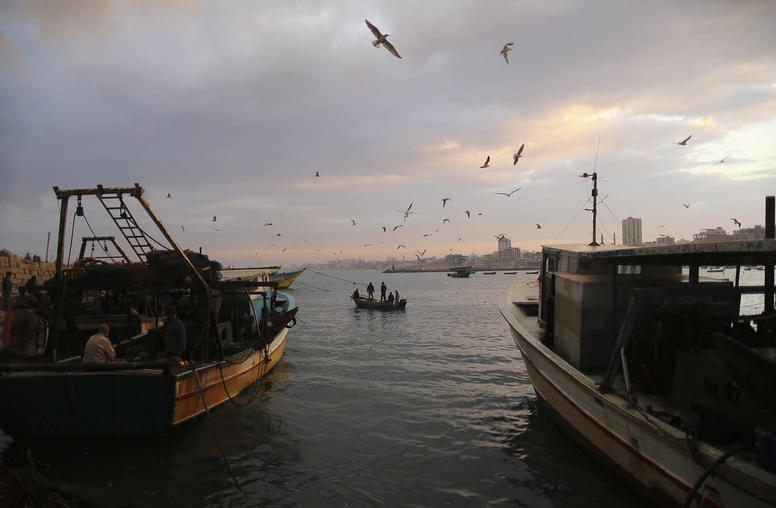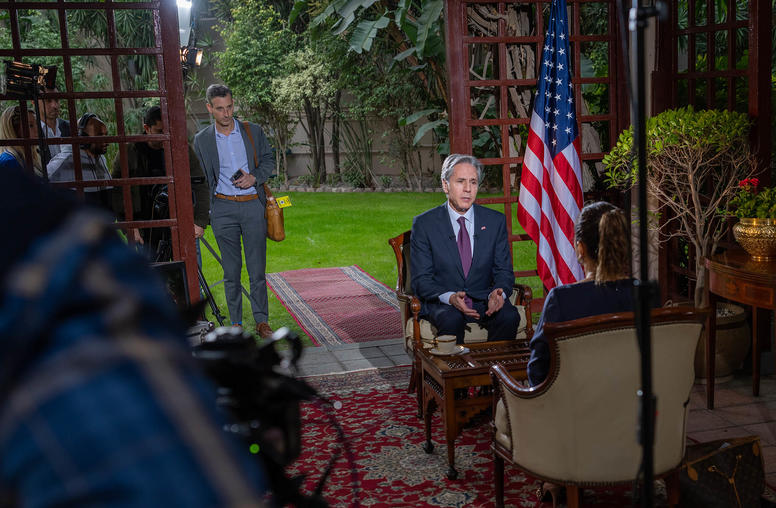Revolution to Retribution on Facebook
A Facebook page created for the killing of Egyptian teen Khaled Said that originally helped to crystallize the sentiment of the opposition is now being used as a platform to incite violence, showing how social media can be used not only to prevent violence, but to stoke it as well. In this case, a still image of the shooter was posted on the revolutionary Facebook page, "We Are All Khaled Said." Within hours, page visitors identified the shooter as Karem Baskoeta and posted detailed personal information in hopes of inspiring retaliation.

The evolution of this platform’s purpose is a quintessential example of how complex the role of social media can be when used to motivate social action.
In the run up to the Egyptian revolution, a man named Wael Ghonim anonymously launched the "We Are All Khaled Said" Fan Page in response to the viral postings of a 28-year-old man’s brutal murder at the hands of security officials. Recently, Ghonim discussed with NPR his motivations for creating the site:
"Looking at Khaled's photo after his death, basically, I just felt that... we were all of these young Egyptians who could die, and no one [would be] held accountable,” he told NPR. This call to action, fueled by an image of one man representing Eqypt’s youth, proved powerfully resonant as over two million people subscribed to the page. “We Are All Khaled Said” had transitioned from a web page to a movement.
Now, after the overthrow of Hosni Mubarak’s regime and while the country is attempting to carry the revolution through to a democratic conclusion, another young man’s photo has taken the place of Said’s. And just as Said was exemplary of all of those young persecuted Egyptians, so too has Baskoeta become the face of all those who support the oppressors.
From Baskoeta’s Facebook profile, he seems indistinguishable from most other Egyptians his age. Until he was seen by thousands of people shooting a protestor point blank, he was just another of many thugs being paid by the authorities to stifle opposition. Now, because of the Facebook page and its members, he receives daily threats to his life.
As peacebuilders, how can we interact with tools that both call for a democratic revolution and for violent retribution? A key component to democracy and human rights, for which Arab Spring activists fought so desperately, is the right to be fairly judged. Despite Baskoeta’s offenses, he should not be given a death sentence nor personified as the face of the Egyptian oppressors. It is the duty of the peacebuilding community to renounce the hypocrisy associated with Facebook activists who call for the vigilante-like killing of one man, albeit a violent criminal, after campaigning for freedom and justice. This incident emphasizes the “agnostic” nature of technology, and that it can be used just as easily for evil as for good, sometimes even by the same people. Peacebuilders should be constantly mindful of this reality.
Alexis Toriello works for USIP as a Program Assistant supporting the Center of Innovation for Media, Conflict and Peacebuilding and assists on media projects in Iraq.
Christine Mosher works for USIP as a Program Assistant supporting the Center of Innovation for Media, Conflict and Peacebuilding and assists on media projects in Afghanistan and Pakistan.



